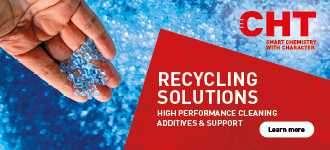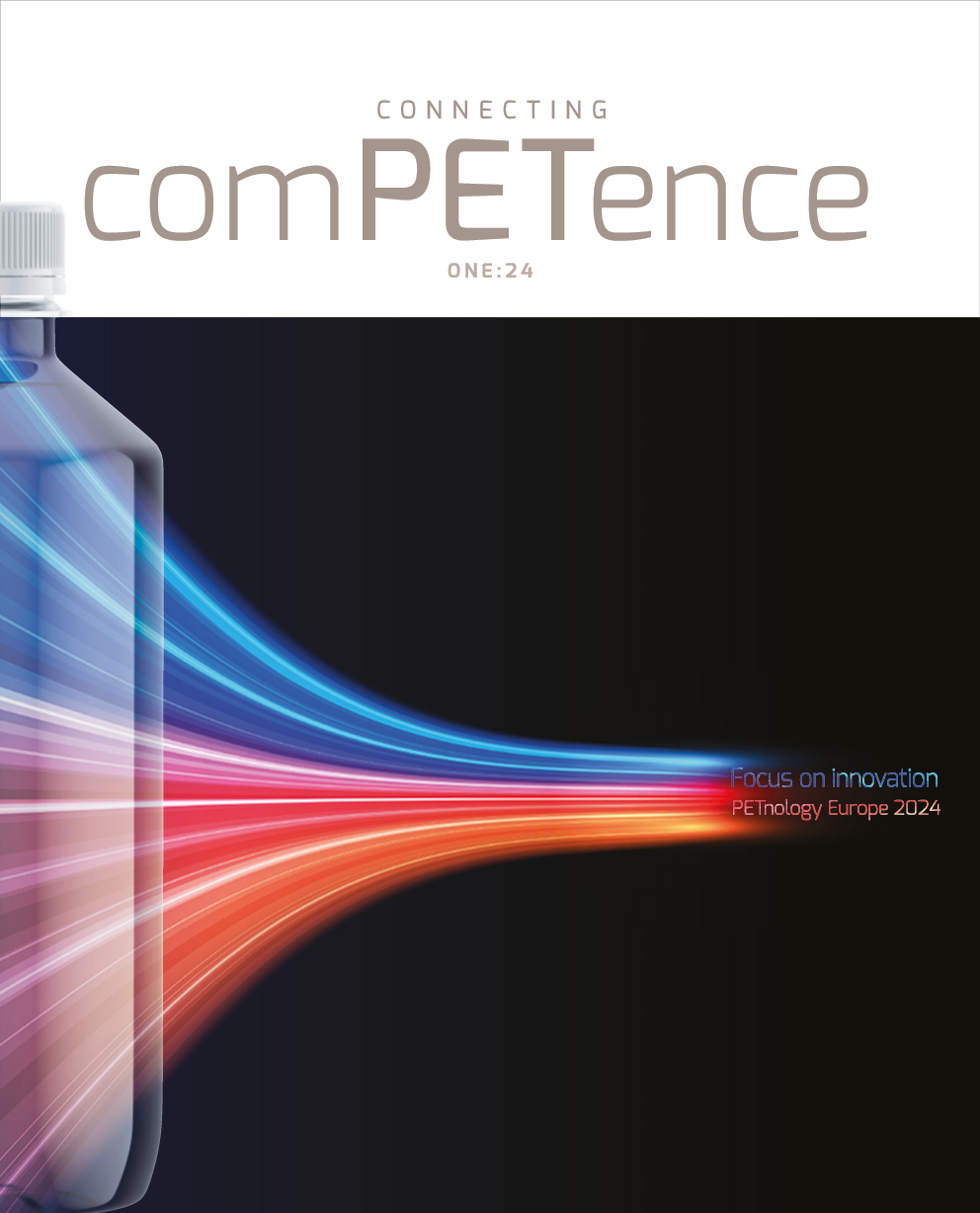“We want to make sure that we meet the high expectations of our customers who are driven by consumer demands. Environmental impact is going to become a distinct factor in our decision-making process. Our solutions must be backed by indisputable data and possibilities for improvement,” explains Desoutter. “This is even more critical since sound environmental choices often mirror sound economic choices.”
Analyzing life cycles
Sidel has one goal: to lead the industry in green initiatives. Luc Desoutter’s missions are to define concrete environmental objectives for Sidel’s Product innovation efforts; anticipate and respond to environmental regulations (Eco-Label, recycled materials for food applications); adopt industry standards to evaluate the environmental performance of proposed packaging solutions; and strengthen ties with partner organizations such as Napcor, Petcore, Plastic Europe, players in the waste collection and recycling industry, and trade organizations. The ultimate goal is to ensure a consistent message that does not demonize PET. In spite of the material’s environmental advantages and possibilities for improvement, it often comes under heavy scrutiny.
Sidel has already initiated various ACV (life cycle analyses) on its equipment and packaging solutions. It plans to expand the use of this standardized method as a way to design greener solutions.
Sidel and sustainability
The inventor of and world leader in stretch blow molding for PET bottles, Sidel’s concern for the environment is not a recent development.
Sidel has an established track record of source reduction initiatives and has been particularly instrumental in PET bottle lightweighting. A global team of 300 professionals in 5 Packaging Development & Tooling Centers (France, China, USA, Mexico and Brazil) generates 4,000 sketches and more than 20,000 molds per year for customers worldwide. The company’s industry-leading knowledge of PET, package design, and equipment expertise enable customers to achieve optimal package and line performance vis à vis package weight with many able to achieve as much as 20-30% gram weight reduction.
Sidel has proposed a number of equipment innovations aimed at reducing the consumption of energy and other resources. And Sidel has led research in the field of packaging material possibilities, from the use of recycled materials to testing materials made from renewable resources.
With beverage packaging under intensifying environmental scrutiny, Sidel has named Luc Desoutter sustainable development VP to formally spearhead solutions and environmental initiatives.
Many of Sidel’s recent innovations in both equipment and package design support sustainable development. Among these are Sidel’s NoBottle™, an ultra-light PET bottle; its FlexLine, the first bottling line designed specifically for ultra-light PET bottles; the Predis™ dry decontamination system; and a host of energy-saving Options & Upgrades for installed lines and equipment.
The right choice
| In order to place sustainable development at the forefront for innovations at Sidel, the company has named Luc Desoutter sustainable development VP. He was selected for his in-depth knowledge of the packaging sector and his experience at Sidel. After four years working in production with Plastic Omnium, this ICAM (Institut catholique d’Arts et métiers) engineering school graduate joined Sidel in 1991 and held a number of positions. He worked on special projects management; led the Research & Development Department for expert evaluation and testing of packaging materials; provided technical sales support; and has represented Sidel at numerous international conferences. |






